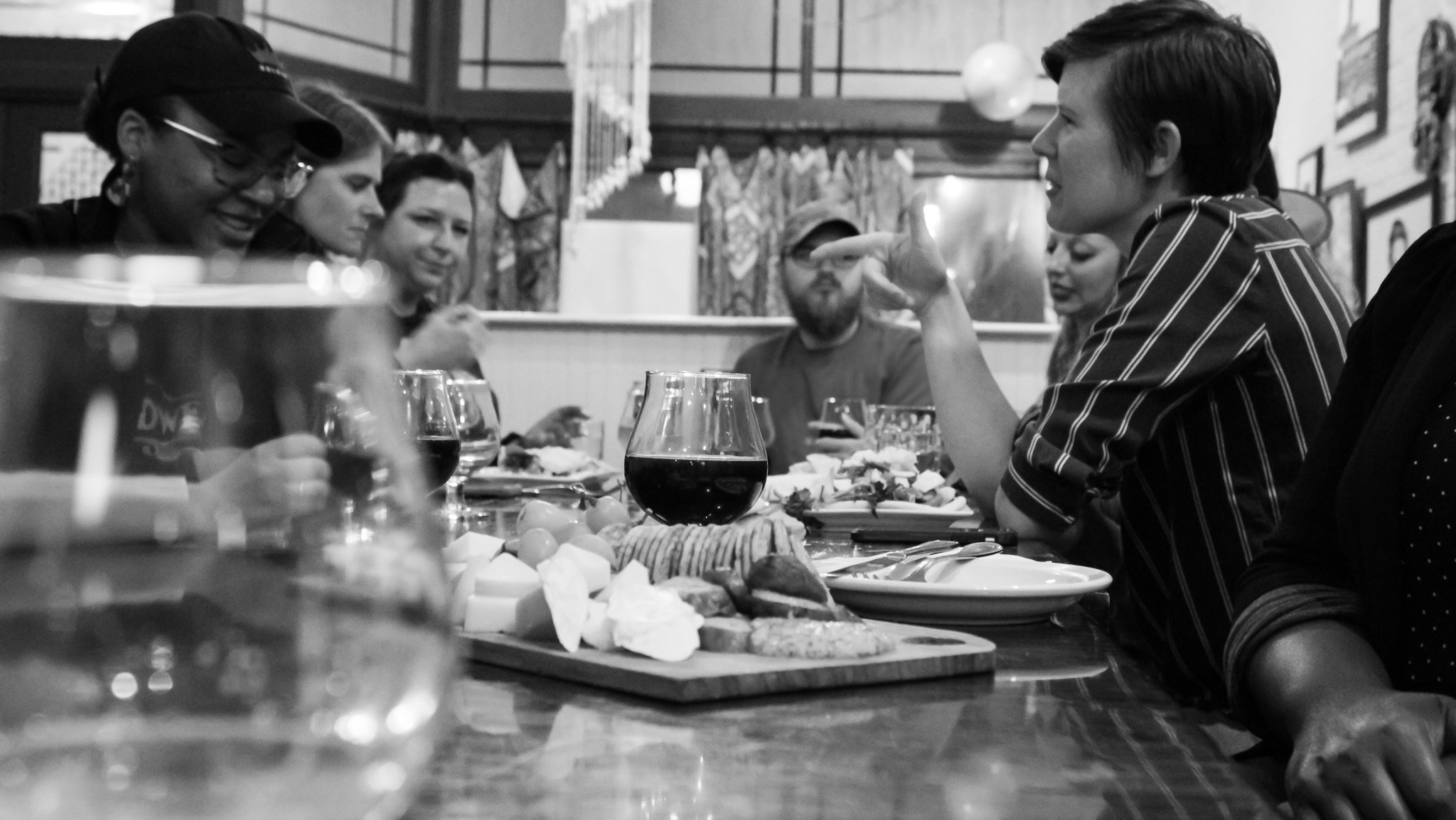Hispanic Heritage Month: United for a better nation
By Molly Phegley ~ Features Editor
The theme of this year’s Hispanic Heritage Month, which began Sept. 15 and ends Oct. 15, is “Unidos: Inclusivity for a Strong Nation.” Unidos translates from Spanish to English means “united.”
As stated by a press release from the National Council of Hispanic Employment Program Managers, the concept of being united “reinforces the need to ensure diverse voices and perspectives are welcomed in decision-making processes, thereby helping to build stronger communities and a stronger nation.” Part of that reinforcement requires inclusivity.
As defined by Oxford Languages, inclusivity means “the practice or policy of providing equal access to opportunities and resources for people who might otherwise be excluded or marginalized, such as those having physical or mental disabilities or belonging to other minority groups.”
One part of providing inclusive opportunities to Hispanic individuals includes providing the same platform as the ethnic majority for their voices to be heard and stories to be told.
Senior Spanish and global studies major Emily Lopez was born in St. Louis after her parents immigrated to the U.S. from the city of Guadalajara in Jalisco, Mexico, with her older siblings.
Lopez said she sees her family shying away from celebrating their Hispanic culture and holidays to avoid attention from critical Americans. She said this makes her sad because she feels like she is not learning about her culture, but she understands it is a survival mechanism her parents had to adopt.
“There is definitely a lot of racism that not only my family has experienced, but so have I,” Lopez said. “It’s never fun, and we don’t want to have to deal with it, but we do. We kind of just normalized it, because we know it’s bound to happen.”
Lopez said her family lived in a state of anxiety for much of her early childhood while her parents were in the process of gaining their U.S. citizenship. She said she would worry for her parents, who were afraid to leave their house because of the chance of facing racism or being targeted by police.
Lopez connects with her culture through music that reflects her and her family's experience. Her current favorite band is Los Tigres del Norte because she likes their storytelling about memories in Mexico and living as a Mexican in the U.S. Her favorite song is “La Jaula del Oro,” which translates to “The Cage of Gold.”
“You’re living in all this American culture, and it’s all great, and you’re making more money, so you would say it’s all gold,” Lopez said about the meaning of the song. “But you’re still living in a cage, because you're scared to go outside.”
Lopez isn’t the only one who shares this experience. Senior biology major Adriana Sanchez said her uncle immigrated to the U.S. from Toluca, Mexico, and often moved around to work in the fields before helping her parents follow in his footsteps.
Sanchez said once, while her uncle was working for some farmers in Georgia, he was kidnapped and enslaved. She said the farmers kept any documentation he had and held him at gunpoint, forcing him to stay and work for them.
“It’s something that’s real, and it’s possible,” Sanchez said. “If someone doesn’t know the language or how to communicate or how to get help, they don’t even know there is help. They can get into situations where they don’t know how to leave."
To view the full story, click here.




